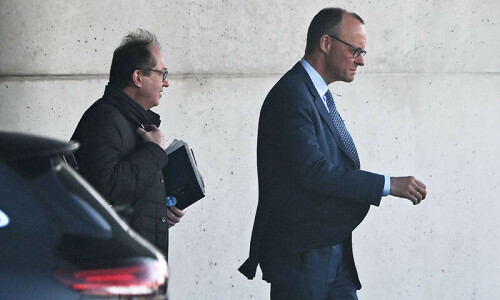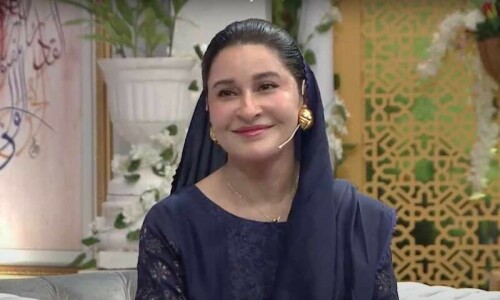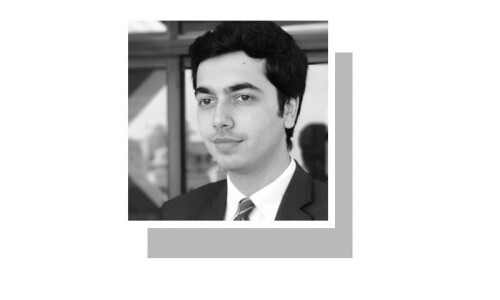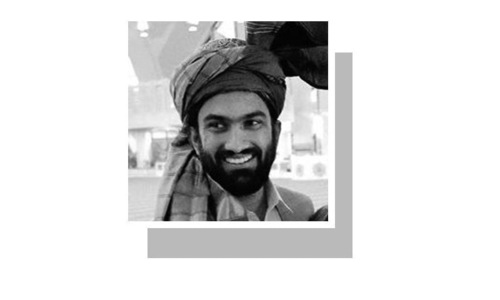ISLAMABAD: The newly-constituted Economic Advisory Council (EAC) on Saturday identified seven areas for formulation of special policies to revive growth in overall economy.
Headed by Finance Minister Ishaq Dar, the 22-member EAC has identified power, exploration of natural resources, agriculture, social, resource mobilisation, public sector disinvestment and foreign remittances as critical areas where expertise of the members could be utilised.
At the outset of the meeting, Finance Minister Ishaq Dar expressed the hoped that re-activation of EAC would prove useful as it would provide an opportunity to interact and exchange ideas with prominent persons associated with the economy of Pakistan.
Mr Dar said his ministry wanted to benefit from the EAC members’ wisdom and was open to any suggestions which could add value.
“If we all put our heads together, we can turn around Pakistan’s economy,” he added.
The ministry of finance, he said, was ready to provide them access and arrange meetings so that they can play a productive role.
He said tapping and mobilisation of resources and natural resources is the way forward and the government is pro-actively working on both these counts.
The minister said his government was committed to ensure transparency, and would further strengthen Pakistan Bureau of Statistics get reliable data.
Suggestions would be welcomed to achieve robust economic data.
Similarly, the decision to release quarterly accounts as well as rebasing of accounts every 10 years has been undertaken to bring transparency in the monetary and fiscal side.
Disclosing that the IMF team is expected in the end of this month, Finance Minister Ishaq Dar informed the council that the IFC and other international commercial banks and organisations are approaching the government.
He was confident that Pakistan’s foreign exchange reserves would reach $16 billion by Dec 31.
He also disclosed that remittances have shown an increase of 9pc which reached $7.78bn while exports have increased $12.64bn, showing a raise of 5pc this year.
Commercial banks had increased credit to the private sector to Rs250bn against Rs73bn which reflected increase in economic activity.
Similarly, the revenue collection has also shown a growth of 17pc in the last five months as compared to the same period last year.
Turning to the exchange rate situation, the minister said speculators were responsible for depreciation of rupee against the dollar and said comments on exchange rate issue be made in a responsible manner.
All members of EAC endorsed the viewpoint of the finance minister on the issue and assured him of their full support as it was a sensitive issue.
Former Economic Advisor Dr Ashfaq Hassan Khan told Dawn after the meeting that the government should review the existing mechanism for computation of inflation, growth and unemployment.
He appreciated the government decision for publishing a tax directory.
Dr Abid Qayyum Suleryi appreciated the decision of the finance minister to allot NTN numbers to parliamentarians and offered to make a presentation on shale gas deposits in the country.
Many other members believed that the next meeting which is expected in early February would focus areas for policy formulation and working.
Sector specific sub-committees will be formulated with expertise of members.














































